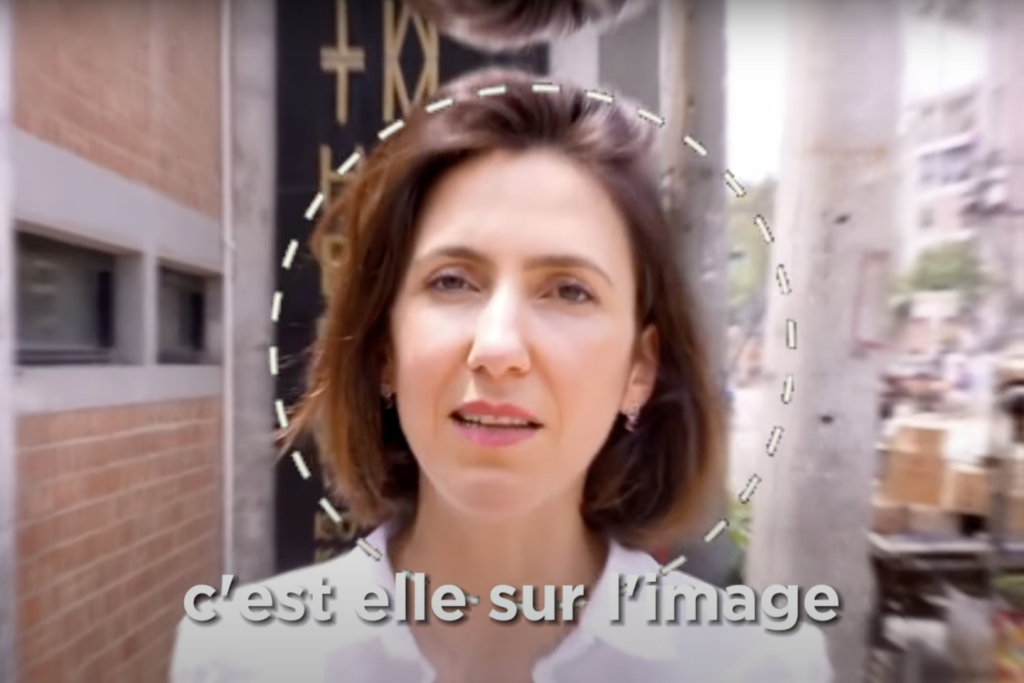Amandine Le Pen and Léna Maréchal Le Pen, both claiming to be nieces of the leader of the National Rally parliamentary group Marine Le Pen, caused a stir on TikTok on the weekend of April 13. Using social media codes effectively, they posted trendy videos and posed in lingerie, promoting far-right ideas. Statements like “All those who will vote for Jordan Bardella on June 9, repost this video” were seen in a video where Léna Maréchal Le Pen appeared in a swimsuit on a white sand beach. “Ready to defend France,” she said in another post, dressed as the Lara Croft character from the video game Tomb Raider, with a fake golden gun in hand. The accounts, which had garnered over a hundred thousand views, were suspended by the Chinese company on Monday, April 15.
Jordan Bardella, the National Rally’s lead candidate for the European elections, stated to Agence France-Presse that his party was not behind the initiative. Meanwhile, at Reconquête!, Marion Maréchal’s entourage announced they reserve the right to file a complaint but see it as an “ephemeral phenomenon that does not make a campaign.” The far-right party uses artificial intelligence to create visuals through the Midjourney software, and to interact with users about Eric Zemmour’s program via ChatZ, a conversational robot. The use of deepfakes, video montages created with AI, raised concerns among internet users, some expressing admiration for Marine Le Pen while others detested her. However, the manipulation of social media accounts led to the suspension of the fraudulent profiles by the tech company.
The majority party has also fallen victim to similar pranks. On April 8, a video purportedly the campaign video of Renaissance’s lead candidate Valérie Hayer was uploaded to Youtube. It was actually created by a parody account, ZlavèqueProductions, labeled as “#fake” and “#parody.” The video, with outdated editing and lyrics generated by ChatGPT, sparked online reactions. An outraged internet user commented on a post seen over 100,000 times, claiming it was not a troll but a real campaign clip. Hayer was later portrayed as a victim of artificial intelligence, clarifying that only the lyrics were AI-generated and not the entire video. The political landscape has been impacted by the misuse of technology to manipulate public perception and influence voter opinion.
The lack of strict regulations regarding deepfakes leaves a legal void for such activities. While the National Rally uses AI for communication and campaign visual aids, the incident involving the fraudulent Le Pen nieces raises concerns about the misuse of technology in politics. The public’s response to these manipulations on social networks underlines the importance of digital literacy and critical thinking in the digital age. The ease with which misinformation can spread online highlights the need for vigilance and awareness when consuming content on social media platforms. As the political landscape becomes increasingly digitized, the challenge lies in discerning fact from fiction and identifying potential manipulations. The impact of AI on political discourse raises ethical questions and calls for greater oversight and transparency in digital communication channels.


